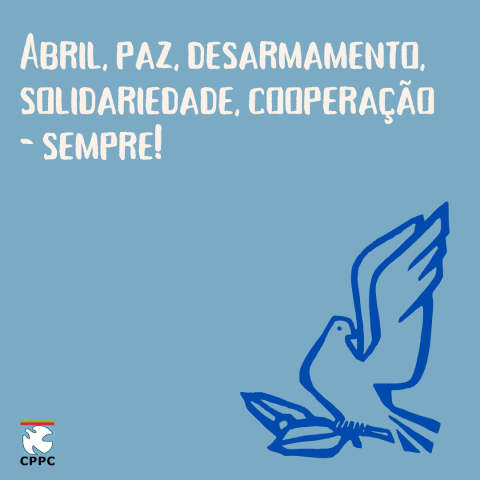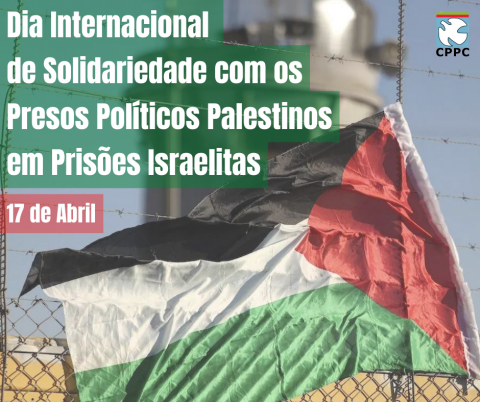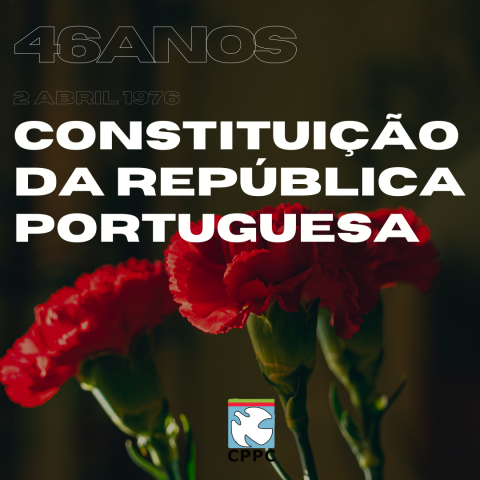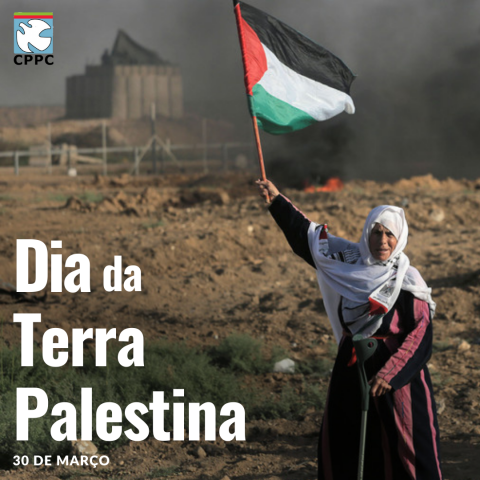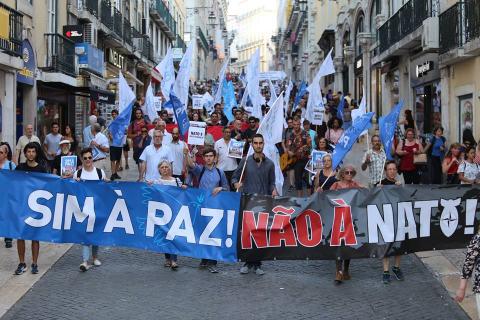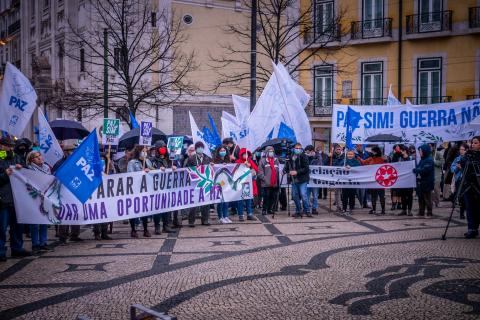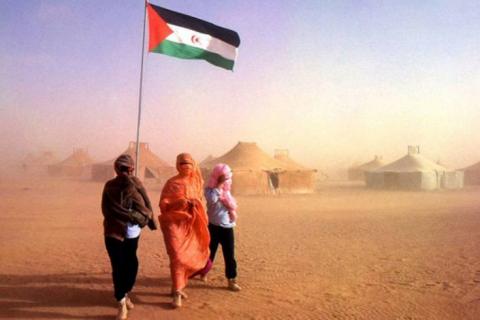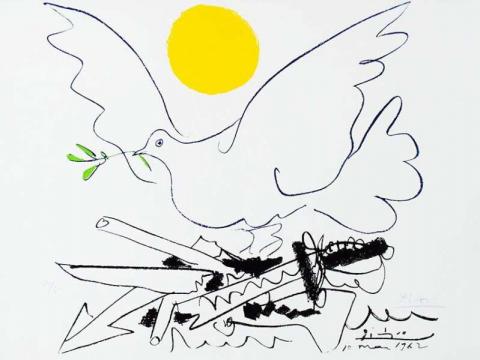Every month holds reasons related to the history of the peace movement that deserve to be signalled – among these, April assumes a particular meaning.
On April 25, 1974, the Revolution was, itself, an act of peace, paving the way to the end of the colonial wars, to the creation of new countries whose people conquered their national independence or to the full relationship of Portugal with all the peoples of the world.

